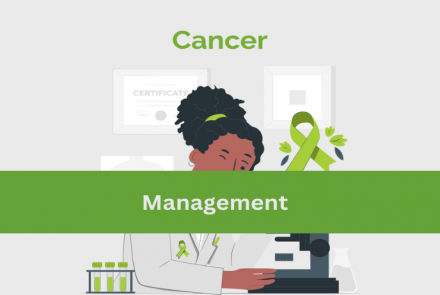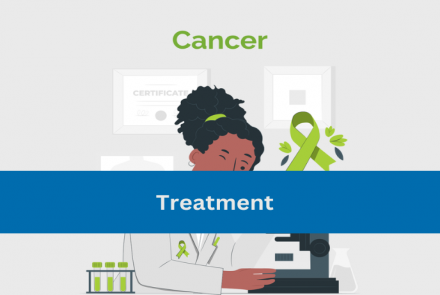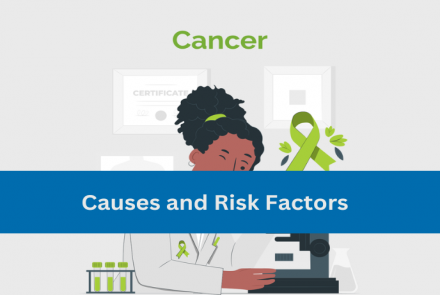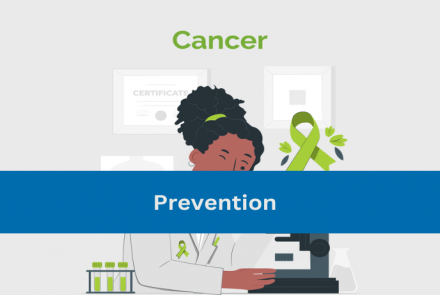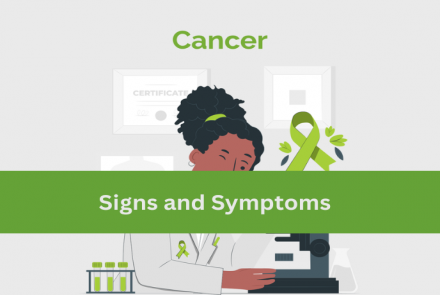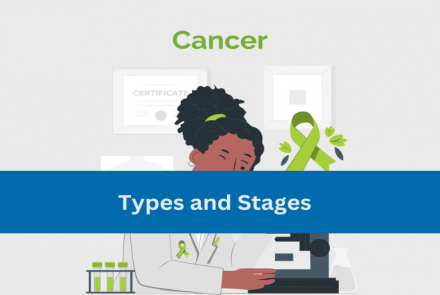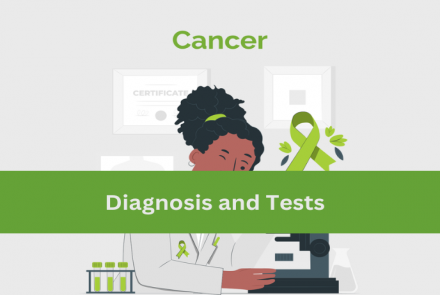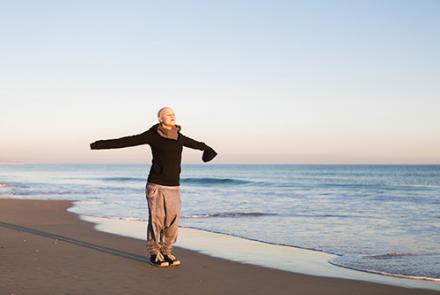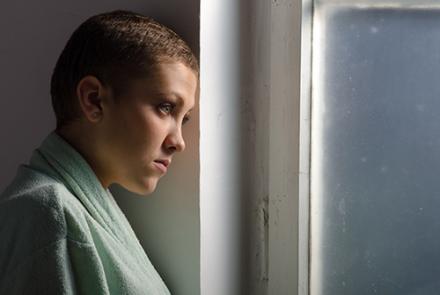Cancer is a group of diseases characterised by out-of-control cell growth. There are more than 100 different types of cancer. The cancer is named after the area of the body or organ where it originates.
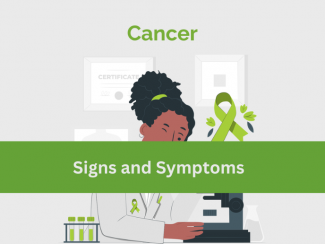
Cancer symptoms depend on the site and size of the cancer and how much it has affected the organ. If the cancer has spread, symptoms may appear in different parts of the body. Common symptoms include:
- Unexpected weight loss – Unexplained weight loss, without changes in diet or exercise can be a symptom of various cancers, including pancreatic, stomach, oesophageal, and lung cancer.
- Persistent fatigue and fever that does not improve with the rest, often caused by the body’s immune response to the disease or by the cancer cells.
- A persistent cough, blood in cough or hoarseness that lasts for several weeks to months could be a sign of lung cancer or throat cancer.
- A lump or swelling identified in the breast, testicle, lymph nodes, or other parts of the body.
- Skin colour, texture changes or development of new lesions can be a sign of skin cancer such as melanoma. Non healing ulcers on the skin, inside the mouth or the genital area increase the risk of oral or genital cancers.
- Loss of appetite or eating problems such as difficulty in swallowing can be an indication of the cancers affecting digestive system.
- Blood in the stool or urine may be a sign of colorectal, bladder, or kidney cancer.
- Changes in bowel habits, such as diarrhoea, constipation, or changes in stool consistency, size, or shape, can indicate colorectal or other abdominal cancers.
Changed
26/Apr/2024
Community
Condition


